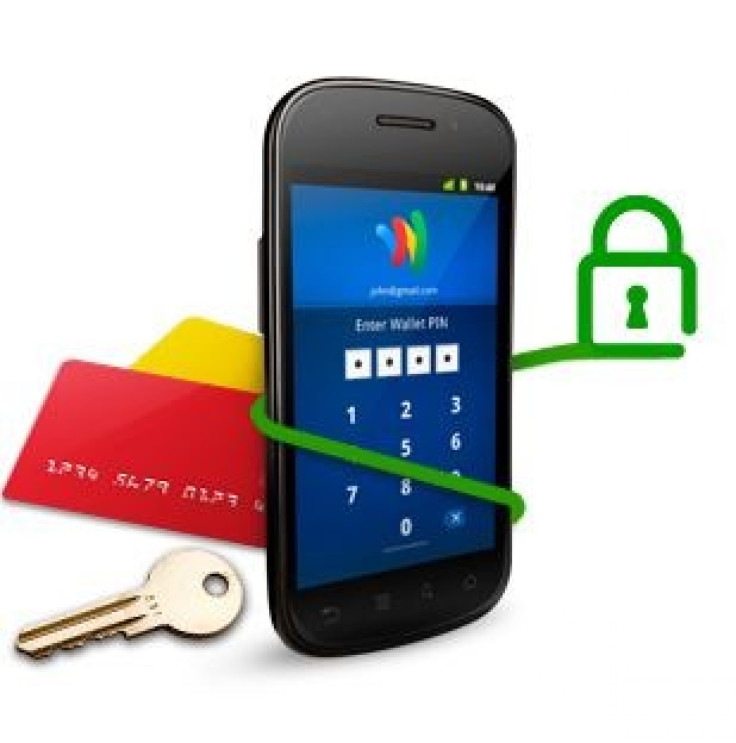Hold Onto Your Digital Wallets! Google Mobile Payments Faces New Challenger

A number of large retailers are on the brink of announcing a rival to Google's mobile payment system, setting the stage for a fierce battle in the fledgling digital wallet business, reports indicated Wednesday.
Wal-Mart Stores Inc [WMT], Target Corp. [TGT], 7-Eleven Inc., and Sunoco Inc. [SUN] are poised to announce their rival to the Google Wallet payment system, which launched on Android powered phones last year, the Wall Street Journal revealed.
It is understood there is no launch date or even a CEO to helm the retailer's Merchant Customer Exchange (MCX) system.
When it does launch, MCX will join the multi-billion dollar race to develop mobile phone payment systems, which propose to do away with cash and card transactions.
According to a report by market researchers Gartner, mobile payment transactions are expected to be worth an estimated $600 billion by 2016.
Apple's upcoming iPhone 5 is rumoured to contain Near Field Technology (NFC) chips that will work with the company's Passbook wallet system, another contender set to enter the mobile payment battle.
The move by Wal-Mart Et al. comes after a protracted battle between retailers and card companies Visa and MasterCard over transaction fees charged for accepting their credit and debit cards.
The Merchants Payments Coalition (MPC), which represents retailers, says the fees levied on American supermarkets, stores and gas stations by Visa and MasterCard are up to three times more than similar fees in other parts of the world, inflating prices for U.S. consumers.
Last month Visa, MasterCard and several major banks agreed to pay U.S. retailers a record $7.25 billion in penalties to settle a long-running lawsuit that alleged the card giants conspired to fix so-called "swipe fees" paid by shops and supermarkets.
Several of the country's largest retailers and industry groups have rejected the deal.
© Copyright IBTimes 2024. All rights reserved.











